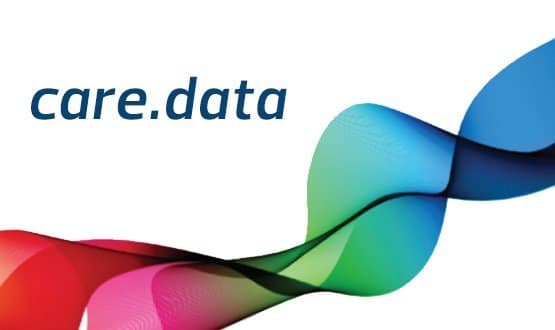An independent review on the first stage of the controversial care.data programme will be released in early 2015, as a new parliamentary report criticises “a lack of clarity and publicity” about its purpose.
The report was produced by the All Party Parliamentary Group for Patient and Public Involvement in Health and Social Care, as part of its inquiry into care.data.
The group conducted a two-phase hearings process starting in August, hearing from a range of healthcare charities, research organisations and royal colleges.
Tim Kelsey, NHS England’s director for patients and information and the architect of care.data, also addressed the group.
In its report, the group says that all submitters agreed on care.data’s potential to improve the availability of patient data for medical research and assessing the performance of NHS services.
However, the report says there has been “a lack of clarity and publicity” about the programme, particularly regarding how the data will be used, who it will be used by, and what implications it has for end of life care.
“It was felt that the benefits outlined [by organisations] would only be met if strict confidentiality protocols are maintained and that such a programme is sufficiently explained, so that patients understand their choices, their rights and the potential benefits of taking part.”
Despite these concerns, the report says many organisations are in favour of the ‘opt-out’ consent model for the scheme, believing that an opt-in approach based on active consent “would render the scheme inoperable” due to a low participation rate.
However, it notes that the programme must be properly explained so the data extraction is “legitimate and ethical”.
The report says it was “universally accepted” that patient data should only be shared with health-related organisations, with strong opposition to sharing information with third parties such as insurers, the police and government departments.
Professor John Williams, director of the Royal College of Physicans’ health informatics unit, said the college “agrees that more effort needs to be put into communicating the benefits of effective record keeping and sharing of patient information”.
The care.data programme will extract data sets from different organisations, starting with GP practices, and link them to an expanded set of Hospital Episode Statistics within the 'safe haven' of the Health and Social Care Information Centre.
The project was due to start earlier this year, but NHS England was forced to “pause” the programme in February after and privacy groups objected to a public leaflet campaign that failed to include a clear account of the programme, who would receive the data, or an opt-out form for patients.
In October, clinical commissioning groups in Leeds, Blackburn, Somerset and West Hampshire were selected as care.data ‘pathfinders’ as part of a revised roll-out plan.
Participating GP practices in the CCG areas will test different communication strategies with patients, explaining the benefits and risks of data sharing, before moving forward with the data extraction part of the project.
Eve Roodhouse, NHS England’s care.data programme director, said the organisation is pleased that patient groups and charities support the programme, and has taken on board criticisms in the report.
“We know we have more to do to communicate with the public about the programme and are fully committed to addressing the concerns raised, which is why we have established the pathfinder stage."
Roodhouse said NHS England is working with patient groups and local GPs in the four CCG areas to design material explaining more clearly how the data will be used and their right to opt out.
“Only when we’ve got this right will the programme be rolled out any further.”
While a number of GP practices have been formally invited to participate in the project, the process will not be completed until sometime in the New Year, she said.
Roodhouse said an independent review of care.data is currently being undertaken by national data guardian Dame Fiona Caldicott and the Independent Information Governance Oversight Panel.
The findings will be published once they are finalised, expected to be early next year.

